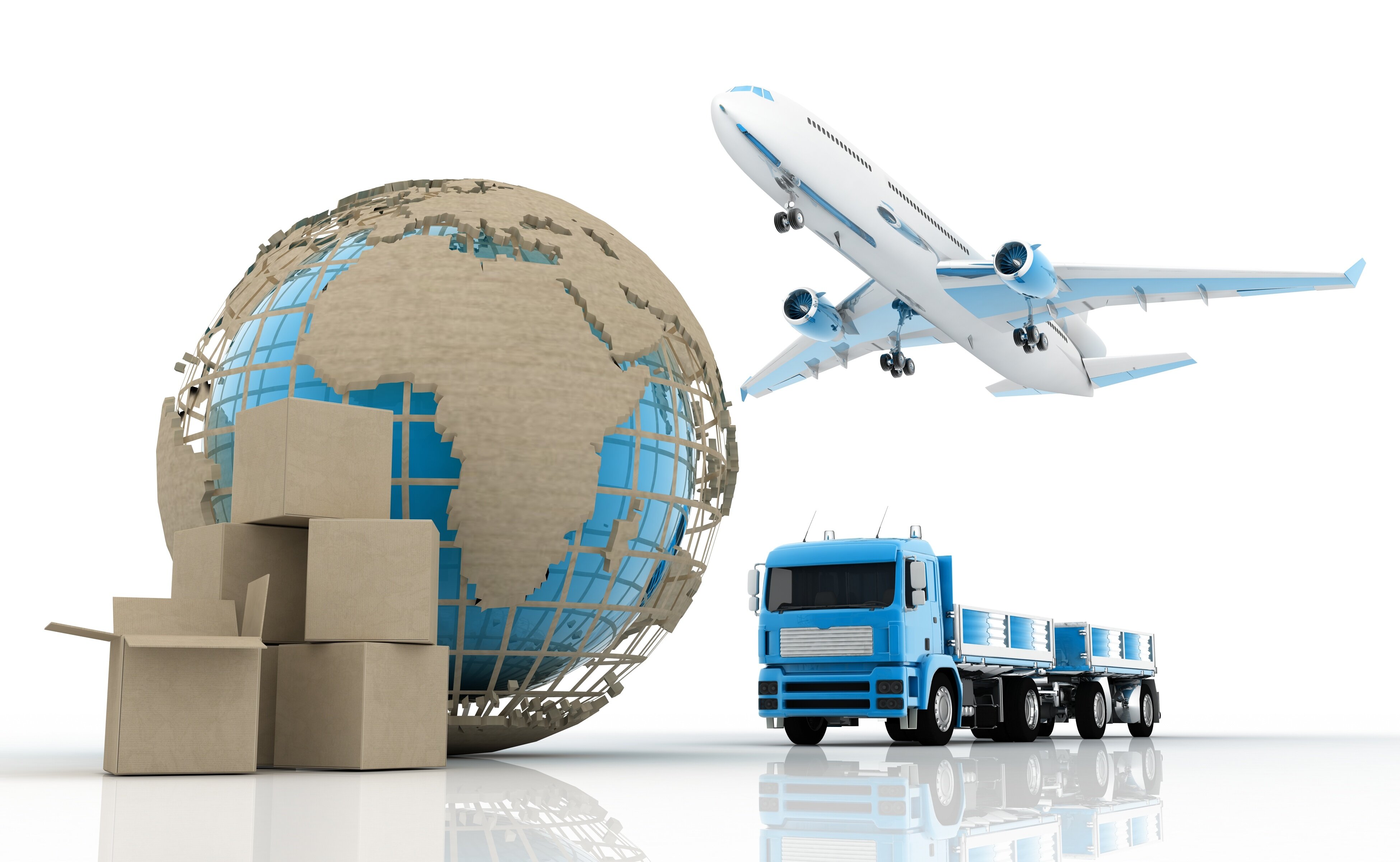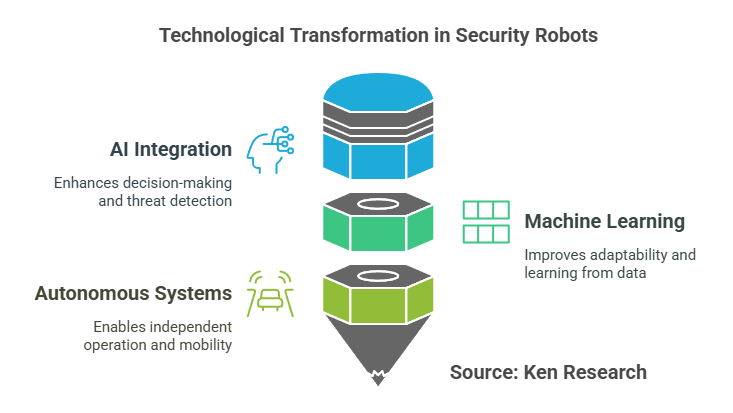Logistics Technology Trends in 2025: Apps Leading the Way

Strong 8k brings an ultra-HD IPTV experience to your living room and your pocket.
The logistics industry is undergoing a digital revolution. In 2025, logistics technology is no longer a future concept—it's the foundation of modern supply chain success.
From AI-driven route planning to real-time fleet tracking, mobile apps are emerging as the central tool for innovation, automation, and cost-efficiency in logistics. Businesses that embrace these advancements are staying competitive, while those stuck in outdated workflows risk falling behind.
Let’s explore the top logistics technology trends for 2025 and how logistics apps are taking the lead in reshaping the industry.
1. AI and Predictive Analytics in Route Optimization
Artificial intelligence is transforming how deliveries are planned. In 2025, logistics apps use AI and machine learning to analyze historical traffic patterns, weather conditions, driver behavior, and package density to suggest the most efficient delivery routes.
This not only reduces fuel consumption and delays but also improves on-time delivery performance—directly impacting customer satisfaction and cost savings.
2. Real-Time Supply Chain Visibility with IoT Integration
The use of Internet of Things (IoT) devices in logistics apps is skyrocketing. Sensors and smart devices are embedded in delivery trucks, warehouses, and inventory systems to feed real-time data to mobile logistics platforms.
This gives logistics managers complete visibility into vehicle location, temperature control, delivery status, and equipment performance—helping them make fast, informed decisions to reduce risks and delays.
3. Blockchain for Secure Logistics Transactions
With increasing concerns around fraud and traceability, blockchain technology is gaining momentum. In 2025, logistics apps are integrating blockchain to offer tamper-proof records of goods movement, digital contracts, and secure data sharing between vendors and stakeholders.
This boosts supply chain transparency and trust, particularly in industries like pharmaceuticals, food, and cross-border trade.
4. Green Logistics and Eco-Friendly Fleet Management
Sustainability is no longer optional. Custom logistics apps now support carbon tracking, electric vehicle (EV) management, and eco-friendly route planning.
Companies are using technology to monitor emissions, reduce fuel usage, and transition to greener fleets—all while meeting compliance standards and brand expectations.
5. Autonomous and Semi-Autonomous Vehicle Coordination
While fully autonomous fleets are still emerging, 2025 sees a surge in semi-autonomous vehicles and their coordination via mobile logistics apps. Apps now control delivery bots, drones, and self-driving trucks in controlled environments, such as warehouses or short-distance deliveries.
Mobile platforms are being developed to remotely monitor, manage, and troubleshoot these automated fleets, offering a glimpse into the future of autonomous logistics.
6. Advanced Warehouse Automation and Smart Inventory Management
Logistics apps are increasingly connected to automated warehousing systems. Robotics, smart bins, and AI-driven inventory tracking now sync with mobile dashboards, giving managers instant visibility and control over stock levels, item locations, and reordering needs.
This dramatically improves accuracy, reduces labor costs, and speeds up fulfillment.
7. Augmented Reality (AR) and Wearables
AR-enabled apps and wearable devices such as smart glasses or watches are transforming how warehouse staff and delivery personnel interact with their tasks.
In 2025, logistics apps deliver:
Hands-free barcode scanning
Step-by-step pick/pack instructions
On-screen navigation for complex warehouse layouts
This reduces training time and improves operational efficiency.
8. Cloud-Based Logistics Platforms for Global Coordination
Scalability and remote access are must-haves. Modern logistics apps are built on cloud-based platforms, making it easier to coordinate multi-location fleets, third-party logistics providers, and international shipments from a single digital dashboard.
With real-time syncing and data access, businesses gain unmatched control over logistics operations—anytime, anywhere.
Final Thoughts
In 2025, logistics technology is centered around smart apps that connect data, automate workflows, and empower decision-making. From real-time tracking and predictive routing to warehouse robotics and sustainability, mobile platforms are at the heart of these changes.
To stay competitive in this evolving landscape, logistics businesses must partner with a logistics app development company that understands the trends, builds custom solutions, and delivers future-proof results.
Note: IndiBlogHub features both user-submitted and editorial content. We do not verify third-party contributions. Read our Disclaimer and Privacy Policyfor details.







